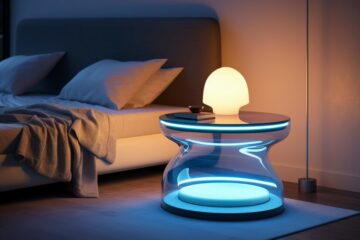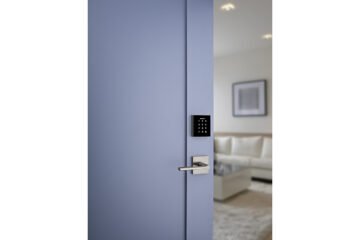In today’s digital age, the bedroom has evolved into a sanctuary not only for rest but also for technology. As smart home devices become more integrated into our daily lives, ensuring your smart home security concerns is vital. With the rise of smart locks, security cameras, and privacy settings, you can enhance your bedroom’s security while maintaining your personal space. This blog will explore the importance of smart home cyber security, discuss smart locks, and provide recommendations for products that can help you secure your bedroom effectively.
Understanding Smart Home Cyber Security
As we embrace the convenience of smart home technology, it’s essential to understand the potential cyber security risks and smart home security concerns involved. Smart devices are connected to the internet, making them susceptible to hacking and unauthorized access. This is particularly concerning in private spaces like bedrooms, where sensitive information and personal belongings are stored.
Common Smart Home Security Concerns
- Data Privacy: Many smart devices collect data about your habits and routines. If this data is not adequately protected, it could be accessed by malicious actors or misused by manufacturers.
- Unauthorized Access: If a hacker gains access to your smart lock or security camera, they could potentially enter your home or monitor your activities without your knowledge.
- Weak Passwords: Many users fail to change default passwords or use weak passwords for their devices, making it easier for hackers to gain access.
- Outdated Software: Devices that are not regularly updated may have vulnerabilities that could be exploited by cybercriminals.
#1 Enhancing Bedroom Security with Smart Locks
Smart locks offer a convenient way to secure your bedroom while providing additional features that traditional locks cannot match. However, it’s crucial to choose smart locks that prioritize both security and privacy.
Features To Look For In Smart Locks
- Encryption: Ensure that the smart lock uses strong encryption protocols to protect data transmitted between the lock and your smartphone or other devices.
- Two-Factor Authentication (2FA): Look for locks that support 2FA, adding an extra layer of security by requiring two forms of identification before granting access.
- Activity Logs: Choose a smart lock that records entry and exit activity so you can monitor who accesses your space and when.
- Backup Access Options: Opt for locks that come with a physical key backup in case of battery failure or technical issues.
- Privacy Mode: Some smart locks offer a privacy mode that disables keypad access during specific times, ensuring that only authorized users can enter.
Recommended Smart Locks for Your Bedroom
- Simpled EF SlimSeries Smart Lock Touch
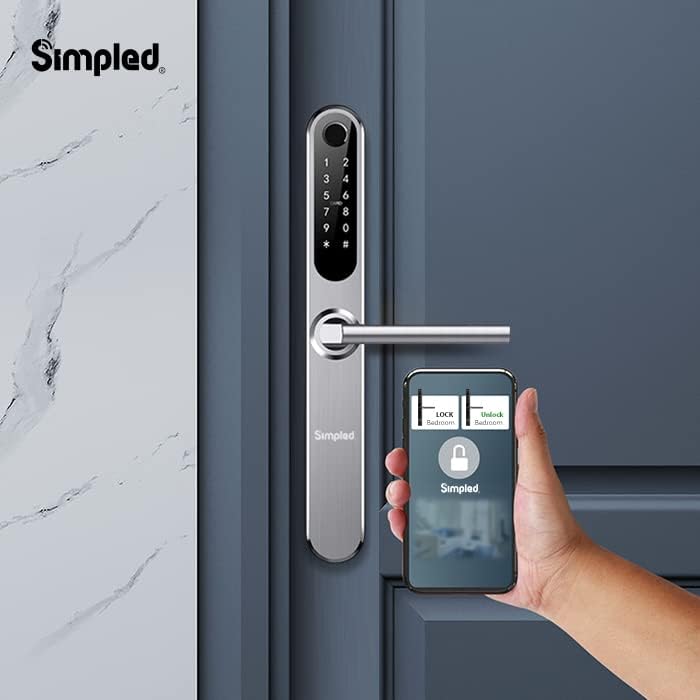
Simpled EF SlimSeries Smart Lock Touch
The Simpled EF Slim Series Smart Lock Touch offers cutting-edge security with a sleek, modern design. This smart lock features advanced fingerprint recognition technology, allowing for quick and keyless entry with just a touch. Its weatherproof construction ensures durability and reliable performance in various outdoor conditions. The slim profile makes it an ideal choice for any door, enhancing both security and aesthetics. Easy to install and compatible with most standard doors, this electronic lock provides peace of mind while adding a contemporary touch to your home.
- Tedee GO Smart Lock
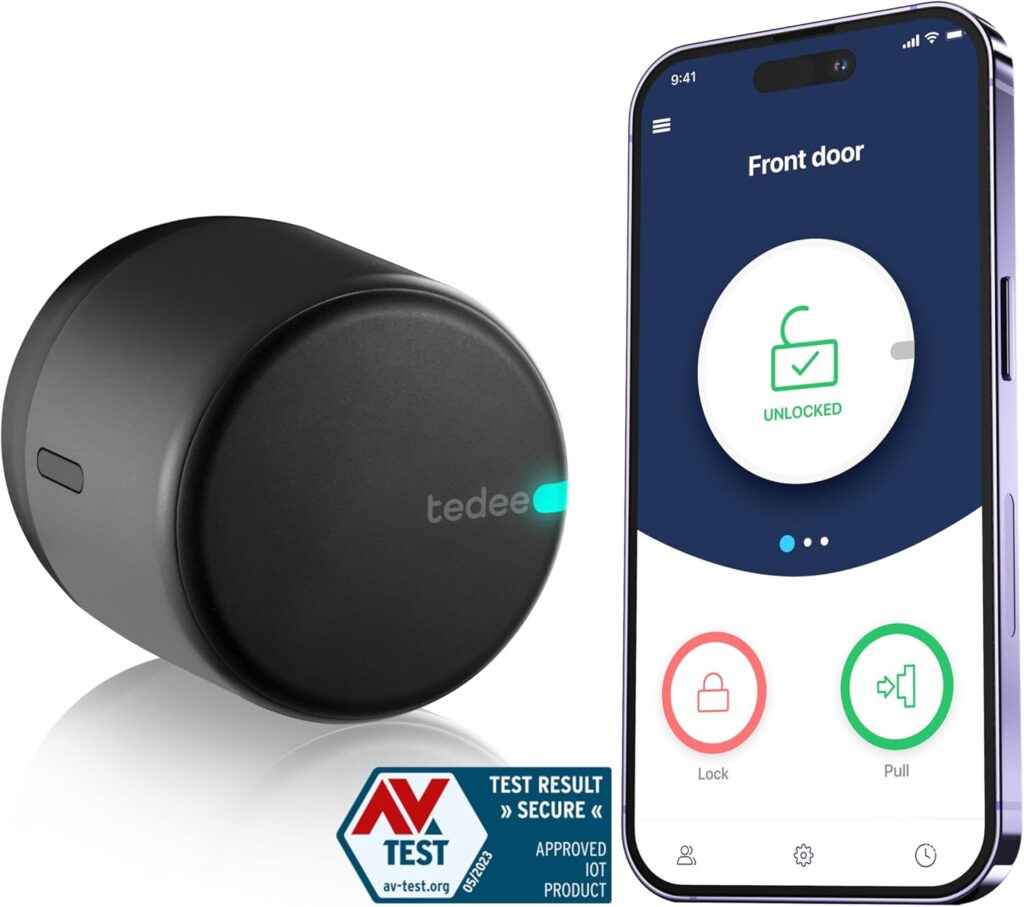
Tedee GO Smart Lock
The Tedee GO Smart Lock offers a seamless keyless entry solution, combining modern technology with user-friendly design. This smart lock allows you to control access to your home directly from your smartphone, providing convenience and enhanced security. With its sleek design, the Tedee Smart Lock is compatible with most standard doors, making it an excellent addition to any home.
#2 Privacy Settings For Smart Devices
In addition to securing physical access to your bedroom with smart locks, it’s essential to manage the privacy settings of all connected devices within the space.
Tips for Managing Privacy Settings
- Review Device Permissions: Regularly check the permissions granted to each device in your bedroom. Limit access to only what is necessary for functionality.
- Disable Unused Features: Many smart devices come with features you may never use—disable these features to reduce potential vulnerabilities.
- Update Software Regularly: Ensure all devices are running on the latest software versions to protect against known vulnerabilities.
- Use Strong Passwords: Create unique passwords for each device and change them regularly to enhance security.
- Enable Privacy Modes: Utilize privacy modes on devices like smart speakers or cameras when you want to ensure no data is being collected during specific times (e.g., during sleep).
Recommended Privacy-Focused Devices
- Wansview WiFi Baby Monitor Camera

Monitor your loved ones in 2K clarity with Wansview’s WiFi camera, featuring pan-tilt-zoom, two-way audio, and night vision. With real-time alerts and Alexa compatibility, it’s the perfect smart solution for baby, elder, or pet care.
- Ring Pet Security Indoor Camera
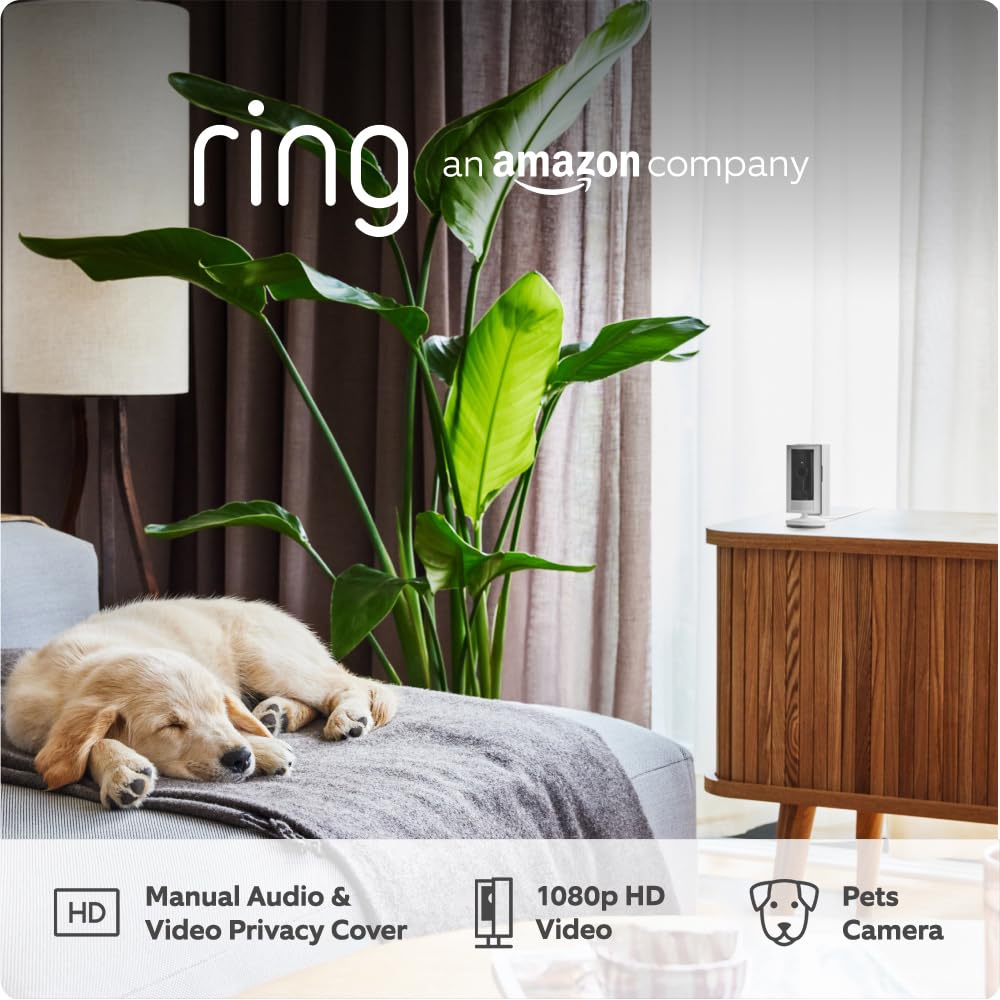
The Ring Pet Security Camera is a compact and versatile security camera designed for indoor use. It offers 1080p HD video, two-way audio, and night vision, allowing you to keep an eye on your home and your pets from anywhere using the Ring app.
#3 Additional Measures For Enhancing Security
While implementing smart locks and managing privacy settings are crucial steps toward securing your bedroom, there are additional measures you can take:
- Install Security Cameras: Consider installing discreet indoor security cameras that allow you to monitor activity in your bedroom without being intrusive. Look for models with motion detection and night vision capabilities.
- Use Motion Sensors: Motion sensors can alert you if someone enters your room unexpectedly while you’re away or asleep. These sensors can be integrated with alarms or notifications sent directly to your smartphone.
- Secure Your Wi-Fi Network: Ensure that your home Wi-Fi network is secure by using strong passwords and enabling WPA3 encryption if available. Regularly update your router’s firmware to protect against vulnerabilities.
- Educate Yourself on Phishing Attacks: Be vigilant about phishing attempts via email or text messages that may target your smart devices’ accounts or passwords. Always verify the source before clicking on links or providing personal information.
- Consider a Home Security System: A comprehensive home security system may provide added peace of mind by integrating various devices such as alarms, cameras, and motion detectors into one cohesive system managed from a single app.
Maintain A Secure and Private Bedroom Experience
Incorporating smart technology into your bedroom can significantly enhance both convenience and security. However, it’s essential to remain vigilant about potential risks associated with these devices. By choosing reliable smart locks with robust security features and managing privacy settings on all connected devices, you can create a safe and comfortable environment.
Investing in these technologies not only elevates your living experience but also empowers you to take control of your smart home security concerns. Embrace the future of smart living while prioritizing security—your bedroom should be a sanctuary where you can relax without worry!
